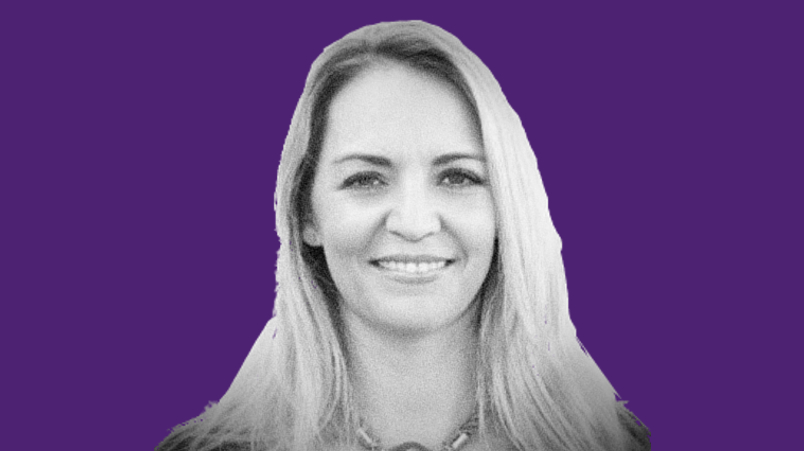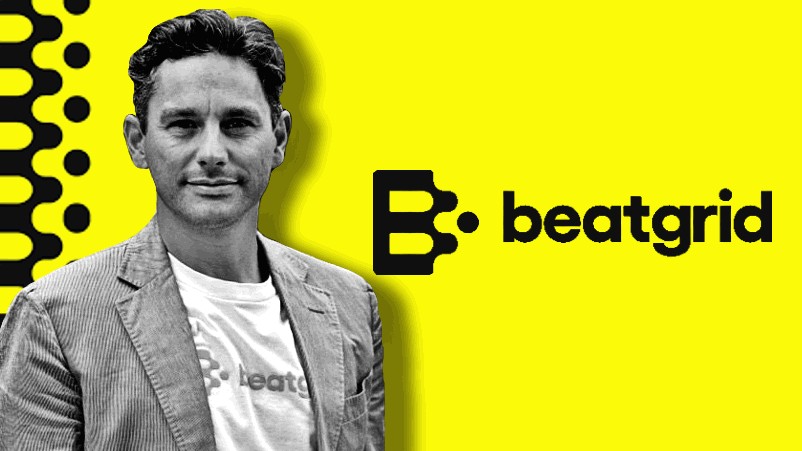Gents: try single parenting sometime, share the home load, please talk openly about fatherhood

Salesforce's Jo Gaines is troubled by World Economic Forum data on Australia. And the home load on working women. Australian men must be ‘networking’ while working women head home to care and manage. It might explain Australia plummeting from 12th to 70th globally in women’s economic participation.
Time for a change
Without doing a Google, name one woman in a senior leadership role who is a single mother. Now think about the thousands of women, in every single occupation imaginable trying to pay the bills, succeed at work all while raising children alone.
Before I go broader, I have one important request this International Women's Day, how about we innovate how we support single parents? Australian can do so much better when it comes to accessible childcare and supporting children at school with nutritious meals.
Now add all of the women with a partner who don’t do their fair share, not even close. Unbelievably, in the pandemic it’s gotten worse. The Grattan Institute found women took on an extra hour of unpaid work each day more than men.
Take one of the most difficult and important phase for any family, when a new child joins. Only 12 per cent of men take parental leave, offered today by 91 per cent of organisations which do not distinguish between genders.
We could start by normalising men taking paid parental leave. We could start by men in leadership roles being role models and talking about their role as a father.
At Salesforce our Australian employees are given 26-weeks paid time off if they're the primary carer of a new baby or adopted child, and 12-weeks if they're the secondary caregiver. I'm proud to say we've seen an increase in the number of men taking parental leave to be with their family and share the load.
By any marker, International Women’s Day has not achieved what we set out to accomplish in 1975.
If we zoom out, we can see Australia is going backwards. The World Economic Forum’s 2021 Global Gender Gap Index placed Australia at 50, six spots lower than in 2020 and down from 24th place in 2014. Australia has dropped from 12th place to 70th in women’s economic participation.
The pandemic has appeared to exacerbate these trends. According to the Grattan Institute, almost eight per cent of women at the peak of the crisis lost their jobs, compared to four per cent for men.
Many women focus on family and carer responsibilities as well as their career and the thing that often suffers is building their network. So when they do lose their job it’s much more difficult for them to tap into their network and go and meet someone for a casual coffee to put some irons in the fire. Equally if the other parent moves into a carers role and ends up carrying a heavy load at home it can be even harder to re-enter the workplace and restart their careers.
As far as I’m concerned, International Women’s Day is about providing me with the opportunity to look beyond my gender and achieve as much success in my career as possible in the short period of my life when I am at my peak potential.
How do we go beyond the understanding that women are an important part of working society and think about the role that families play in society. Family units need to thrive for communities and the organisations and individuals in them to thrive.
By any marker, International Women’s Day has not achieved what we set out to accomplish in 1975. That the success of anyone raising families (four legged and otherwise) and building careers is made more difficult by corporate and government policies which allow inequality to thrive.
We need men to step up to achieve equality at home and at work.


